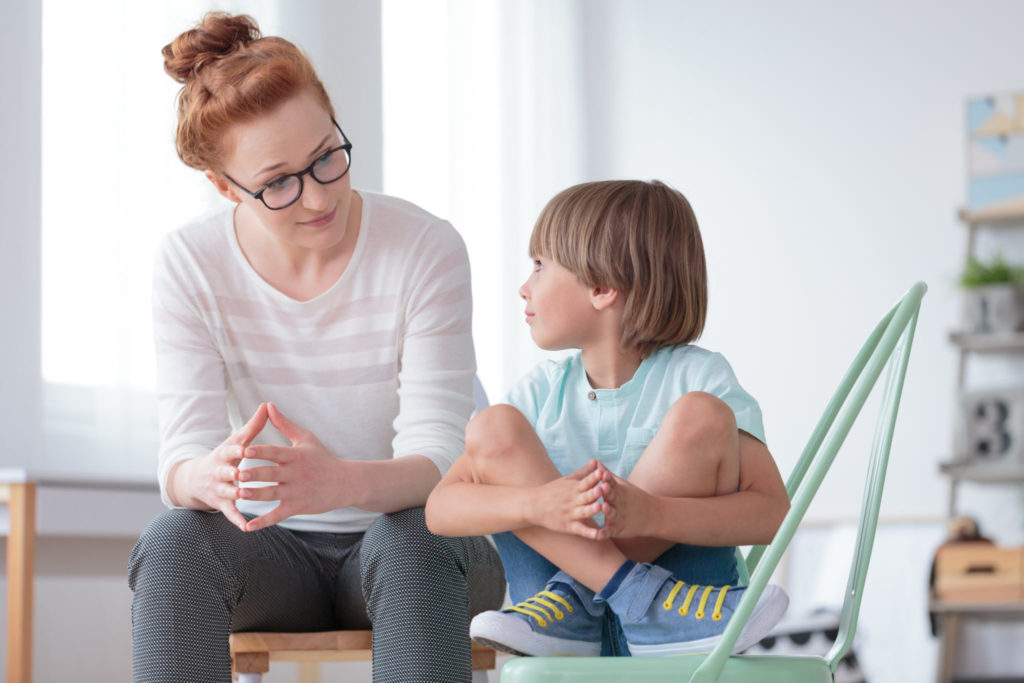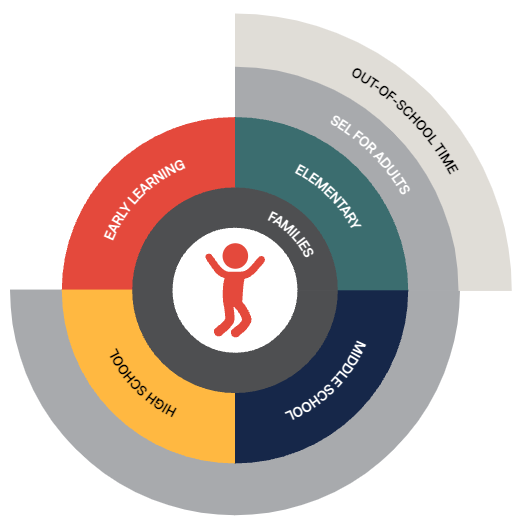Lincoln Public Schools aims to prepare each LPS student to be college, career and civic life ready.
LPS aids students’ development by utilizing research-based Social Emotional Learning (SEL) curriculum across our school district. Our SEL curriculum is an opportunity for us to partner with families using similar language and strategies to help LPS students thrive personally, relationally and academically.
Learning is a collaboration between students, their families and educators. We created this page to help you partner with us in your child’s personal and academic growth.
You can use this information to learn more about Social Emotional Learning at Lincoln Public Schools.


